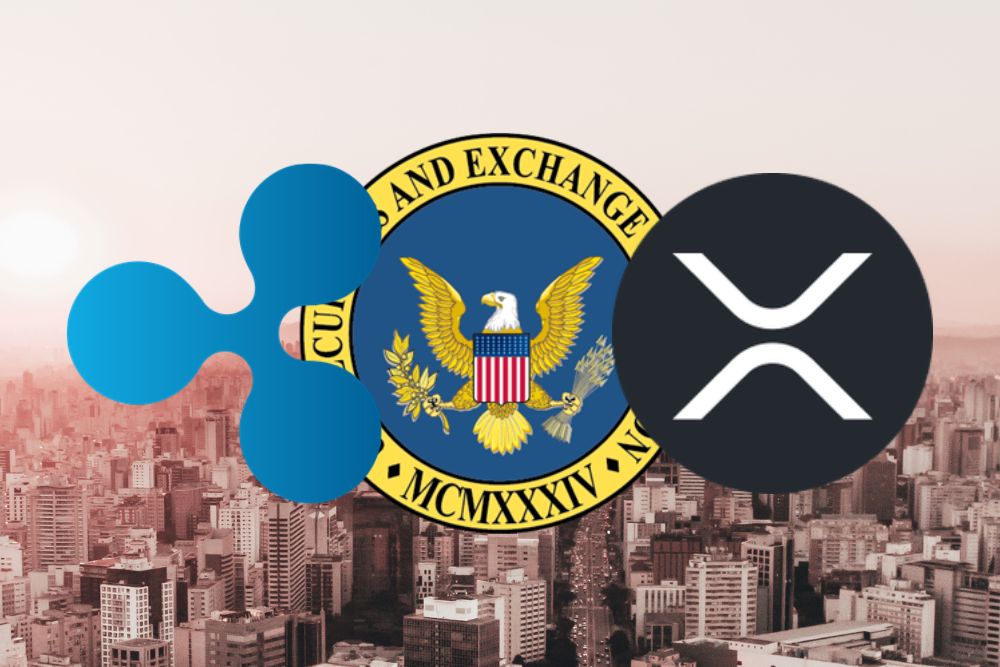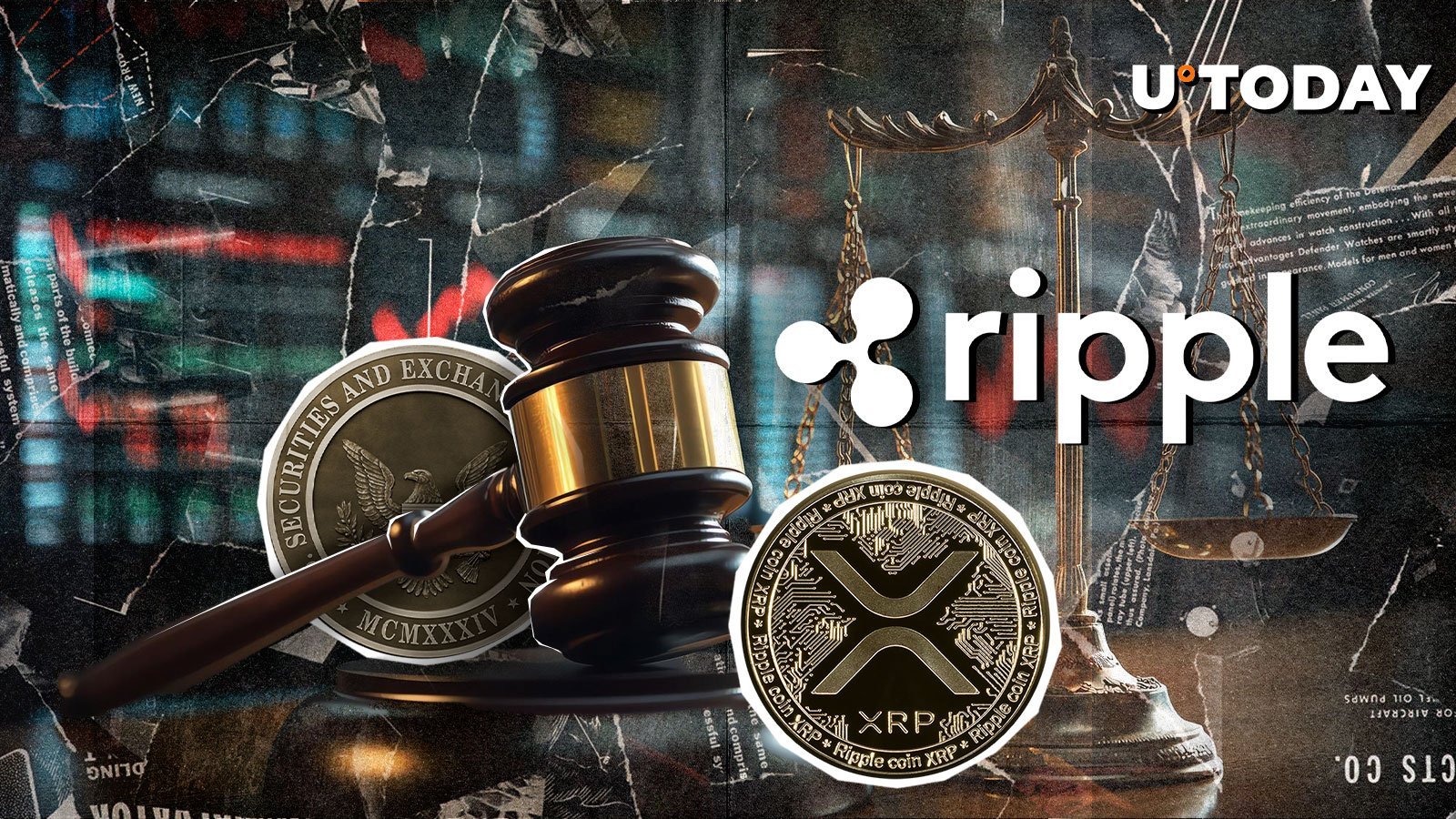Judge Rejects Ripple-SEC Settlement Motion

In a significant legal development for the long-standing XRP lawsuit, Judge Analisa Torres has rejected a joint motion filed by both Ripple and the U.S. Securities and Exchange Commission (SEC). This motion sought an indicative ruling to modify the court’s earlier judgment, marking a notable setback for both parties in their attempt to resolve the penalty phase of the case. The decision underscores the court's adherence to stringent legal criteria, emphasizing that final judgments cannot be altered merely by mutual consent of the litigants, unless extraordinary circumstances or new laws dictate otherwise. This stance is consistent with Supreme Court interpretations on the stability and finality of court rulings.
Judge Torres explicitly denied the joint request to dissolve a prior injunction, reiterating that no extraordinary circumstances were presented to warrant such an action. Previously, a similar motion had been rejected for failing to meet procedural standards. Although Ripple and the SEC later amended and refiled their motion with new arguments, these too failed to meet the necessary legal threshold for reconsideration. The judge made it clear that private agreements between parties cannot override a public judgment issued by a federal court, stating directly: "The parties do not have the authority to agree not to be bound by a court’s final judgment." This ruling leaves Ripple’s permanent injunction in place and maintains the previously imposed $125 million penalty.
Furthermore, Judge Torres referred to the SEC’s previous position, which argued that harsh penalties were critical for investor and public protection, citing Ripple’s actions as reckless and likely to continue without strict enforcement. She questioned the SEC’s shift in tone regarding consistency and credibility. Despite Ripple’s legal team submitting a supplemental letter insisting the injunction no longer served its original purpose, the judge dismissed this claim, finding no material changes or demonstrated shifts in circumstances since the original decision. The court views its judgment as a public record serving both litigant interests and broader public interest, not a private settlement, thereby upholding judicial integrity and the importance of finality in the application of securities law.
The ruling effectively reiterates that Ripple broke securities laws through unregistered sales of XRP. The original justification for the enforcement actions, including the penalty and injunction, was founded on established misconduct, not speculative risks, and still stands. This decision leaves limited options for Ripple and the SEC; if either party disagrees with the court’s ruling, the proper path forward is through the appeals process, not through privately negotiated revisions. Neither side has come close to demonstrating the type of extraordinary circumstances required to set aside the judgment outside of proper legal channels.
In the aftermath of this legal development, XRP market sentiment has taken a hit. Technical signals, including an expected golden cross on the charts earlier in the week, were invalidated, leading the asset to turn bearish. Traders have expressed alarm as the XRP price currently trades around $2.11, following a 3% decline in the last 24 hours, reflecting the broader market's reaction to the court's firm stance.
You may also like...
How Technology, Equity, and Resilience are Reshaping Global Healthcare

The global healthcare system is undergoing a profound transformation, driven by technological leaps, a renewed focus on ...
A World Unwell: Unpacking the Systemic Failures of Global Health

From recurring pandemics to glaring inequities, the global health system is under immense strain. This article explores ...
Sapa-Proof: The New Budget Hacks Young Nigerians Swear By

From thrift fashion swaps to bulk-buy WhatsApp groups, young Nigerians are mastering the art of sapa-proof living. Here ...
The New Age of African Railways: Connecting Communities and Markets
(5).jpeg)
African railways are undergoing a remarkable revival, connecting cities, boosting trade, creating jobs, and promoting gr...
Digital Nomadism in Africa: Dream or Delusion?

For many, networking feels like a performance — a string of rehearsed elevator pitches and awkward coffee chats. But it ...
The Ethics of Brain-Computer Interfaces: When Technology Meets the Mind

This piece redefines networking as a practice rooted in curiosity, generosity, and mutual respect, sharing stories from ...
Carthage: The African Power That Challenged Rome

Long before Rome became the undisputed master of the Mediterranean, it faced a formidable African rival whose power, wea...
Africa’s Oldest Seat of Learning: The Story of al-Qarawiyyin

Long before Oxford or Harvard opened their doors, Africa was already home to a seat of learning that would shape global ...


